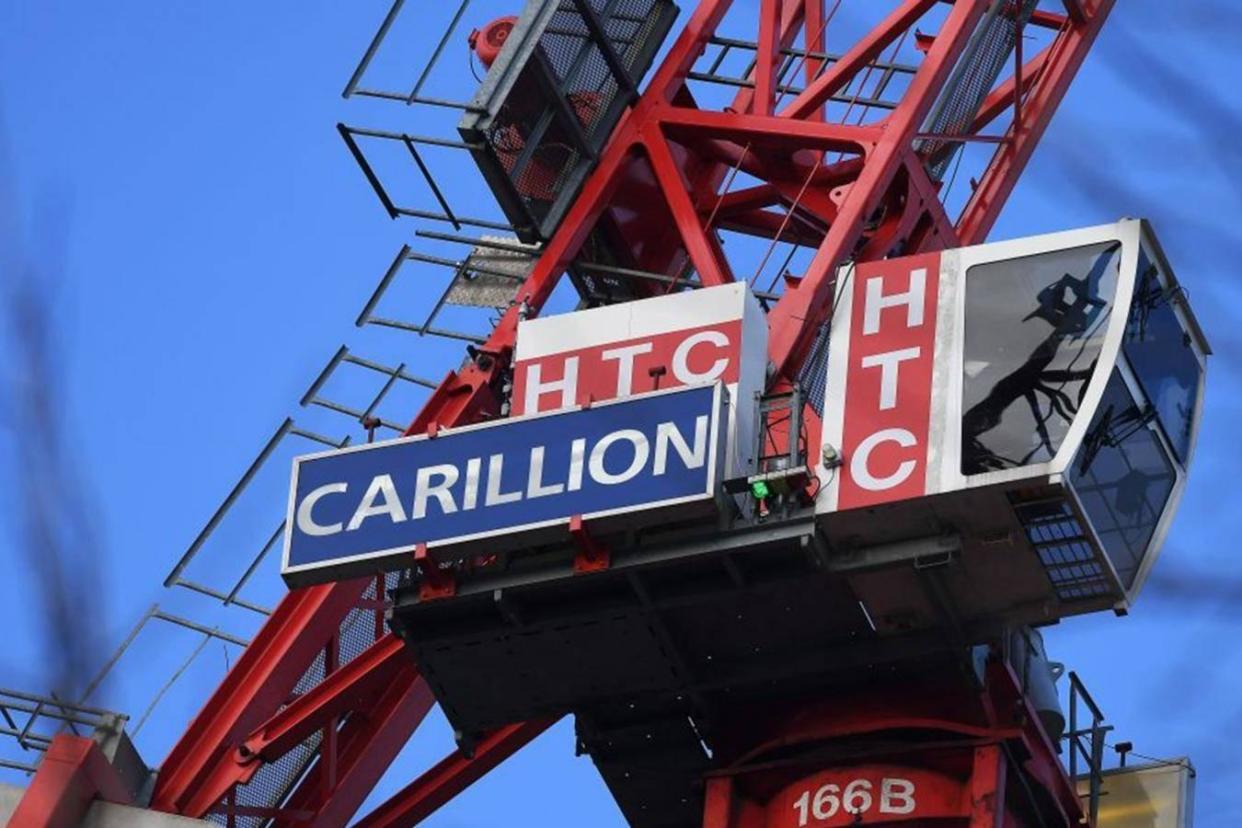Taxpayers face £199bn bill over PFI projects, watchdog says

Taxpayers face a bill totalling £199 billion for schemes under the controversial Private Finance Initiative, even if no further deals are struck, a spending watchdog suggested.
The National Audit Office (NAO) found 716 deals are currently operational under PFI and its successor PF2, with annual charges amounting to £10.3 billion in 2016/17 and due to stretch into the 2040s.
The report was compiled before the collapse of contractor Carillion. But its release came as the construction giant's failure sparked furious debate about the future of a system which Labour leader Jeremy Corbyn denounced as a "costly racket".
Mr Corbyn told Theresa May at Prime Minister's Questions in the House of Commons: "These corporations need to be shown the door. We need our public services provided by public employees with a public service ethos and a strong public oversight."
And one union said the scale of payments revealed by the NAO should mean the "game is up" for PFI.
The NAO drew no conclusions on the merits of the PFI and PF2 systems, under which private consortiums raise funding to build public facilities like schools, hospitals and roads, in return for regular payments over as many as 30 years.
But it found that the private finance route "results in additional costs compared to publicly financed procurement".
The Government's National Infrastructure Plan suggested in 2010 that capital raised through PFI cost 2% to 3.75% more than from state borrowing, the NAO said.
And it added: "Small changes to the cost of capital can have a significant impact on costs.
"Paying off a debt of £100 million over 30 years with interest of 2% costs £34 million in interest. At 4% this more than doubles to £73 million."
The report said there had not yet been a "robust evaluation" of whether this was offset, as PFI supporters claim, by benefits such as reduced risk to the taxpayer and higher-quality facilities.
The chair of the influential House of Commons Public Accounts Committee, Meg Hillier, said that, 25 years after it was launched under John Major, there was "little evidence" that PFI was delivering value for money.
"Many local bodies are now shackled to inflexible PFI contracts that are exorbitantly expensive to change," the Labour MP said.
"I am concerned that Treasury has relaunched PFI under new branding, without doing anything about most of its underlying problems.
"We need more investment in our schools and hospitals but if we get the contracts wrong, taxpayers pay the price."
The national secretary of the GMB union Rehana Azam said the report showed PFI to be "a catastrophic waste of taxpayers' money".
"Nothing can hide the chronic failure that it has proven to be over decades," Ms Azam said.
"Carillion is just the latest example of how bad things go wrong when public services are left in the hand of profit-hungry companies.
"This report should mean that the game is up for PFI."
A Government spokesman said: "Many vital infrastructure projects like roads, schools and hospitals are paid for by PFI and PF2, stimulating our economy, creating jobs and delivering better public services.
"We have reformed how we manage PFI contracts, and through PF2 have created a model which improves transparency and offers better value for money.
"Taxpayer money is protected through PFI and PF2 as the risks of construction and long-term maintenance of a project are transferred to the private sector
Additional reporting from the Press Association.

 Yahoo News
Yahoo News 
